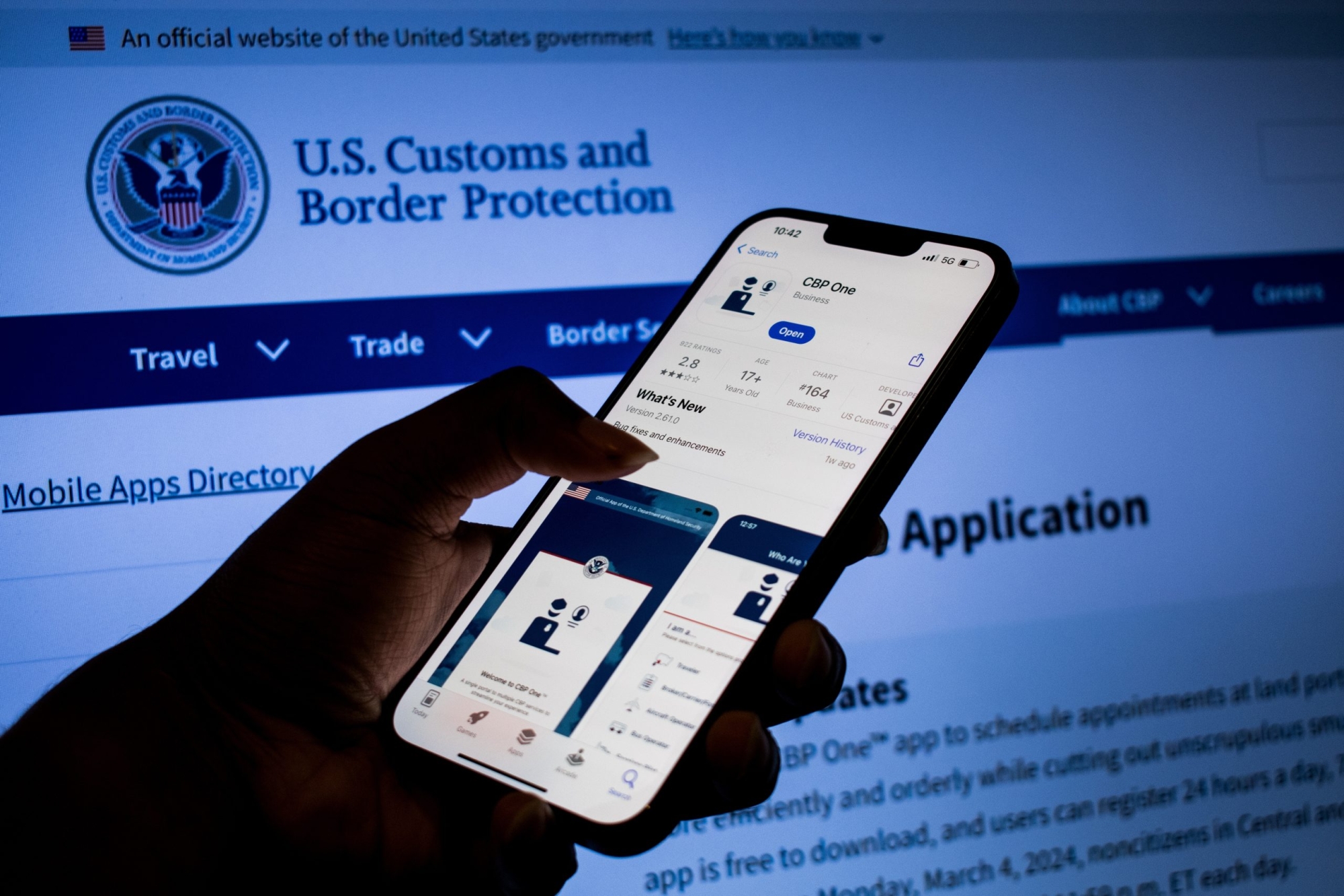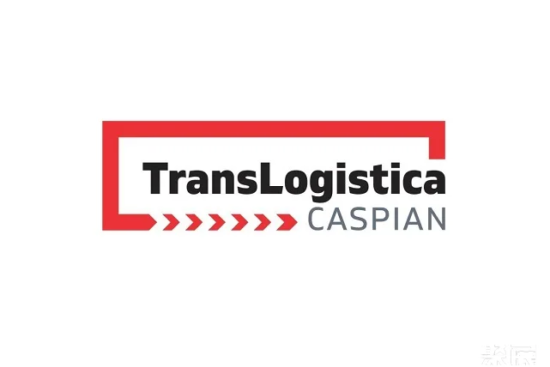
All parties involved in importing merchandise into the United States, such as importers, customs brokers, exporters, shippers, and foreign suppliers and manufacturers, may file a Prior Disclosure (PD) with Customs and Border Protection (CBP) to voluntarily disclose certain false statements, acts, or omissions in violation of 19 USC § 1592. By doing so, these parties may receive reduced penalties for filing a PD.
Here are seven tips for submitting prior disclosures to U.S. Customs and Border Protection:
- Performance data must be submitted in written form
While oral disclosure is permitted, CBP’s 19 CFR 162.74 requires that oral disclosures must be followed by a written statement within 10 days. If you decide to tell CBP verbally first, it is recommended that you keep a detailed written record of who you spoke with, what you suggested to CBP, and then make sure to summarize these in writing within 10 days of the discussion.
- Follow the checklist to ensure your PD has all the required information
The most critical part of the Prior Disclosure process is making sure that all required components are included. If the PD is deficient, it may be denied and subsequently used against you. The information CBP will be looking for includes:
- Identify the category or type of goods involved in the disclosed violation
- Identify the import by customs entry number, or indicate each relevant CBP port of entry and approximate date of entry
- The specific misrepresentations, omissions, or actions involved in the disclosed violation, and how and when they occurred
- True and accurate information or data should be provided in the entry
- Identify any overpaid duties, taxes or fees and attempt to offset these overpaid duties against any underpaid duties
You can find a detailed list of CBP’s Informed Compliance Publications Regarding Prior Disclosures (Appendix A) here.
- Submitting an initial application before you have all the facts
If you have identified potential violations that CBP is unaware of and you want to benefit from the PD process, you should submit an initial submission even if you have not yet gathered all the facts and details. This initial submission is often referred to as a “comprehensive” submission because you want it to be considered comprehensive protection for all possible noncompliant entries.
If you need more time to complete your disclosure, you should indicate this in your initial PD. Under 19 CFR§ 162.74(b)(4), you have 30 days to gather this information after your initial submission. Parties may obtain an additional 60-day extension from the FP&F, but this must be approved by the CBP Director of Field Operations (DFO).
- Review your import history with ACE
The best way to review import history in response to PD is to pull import history data from the Automated Commercial Environment (ACE). In the past, Importer Trade Activity Report (ITRAC) requests had to be sent to CBP with a letter stating that you would pay a fee of up to $250 for the report and that you would have to wait 6-8 weeks to receive a password-protected CD in the mail.
ACE is undoubtedly a huge upgrade, as ACE is a free online system that allows users to extract all import and export data for the entire statute of limitations (SOL) period. Importers must first apply for an ACE account, and we recommend hiring an attorney as a consultant to assist in extracting the relevant import data. Once the data is extracted, it should be used to identify and contain any possible offending entries.
- If your PD is not accepted, please submit a petition for mitigation of penalties
Even if CBP finds that the PD is invalid and ultimately issues a penalty, you can and should file a petition to reduce the penalty amount and cite the submission of the PD as a mitigating factor. For information on factors that CBP often considers to mitigate penalties, please review CBP’s Guide to Mitigating Penalties.
- If the government has launched an investigation against you, you will no longer be able to submit a PD
As with most disclosure programs under the federal government, a PD submission is invalid if CBP, Immigration and Customs Enforcement (ICE), or Homeland Security Investigations (HSI) takes all of the following actions:
- Identify violations
- Start formal investigation
- Notify you of the start of a formal investigation
CBP defines “knowledge of the initiation of a formal investigation” in § 162.74(i) of the Code of Federal Regulations and presumes that a person has knowledge if:
- When CBP informs the person of the type or circumstances of the violation being disclosed
- When a Customs agent (from ICE or HSI), after properly identifying himself and the nature of the investigation, asks the individual verbally or in writing about the type or circumstances of the disclosed violation; or requests the individual to produce specific books and/or records related to the disclosed violation
- When CBP issues an advance penalty or penalty notice to the disclosing party
- The time when the disclosed goods were seized
If you truly did not know that an investigation had begun, you can challenge the presumption of knowledge. However, this will be a difficult burden to meet when a party receives a penalty notice from CBP.
- PD does not exclude criminal liability
If the information contained in the PD you submit gives CBP reason to believe that a criminal violation has occurred, CBP, ICE, or HSI may refer the information to the Department of Justice (DOJ). Because PD may involve criminal offenses, you should proactively consult with a customs and/or criminal attorney before submitting a PD disclosing a potential criminal violation. However, please be aware that criminal prosecutions for PD are rare. According to CBP guidance, “U.S. Attorneys’ Offices will rarely prosecute valid, pre-disclosed, non-fraudulent violations.”
in conclusion
The PD is an invaluable tool for importers who wish to proactively comply with CBP import requirements. Submitting a legally compliant and ultimately accepted PD will significantly reduce any civil penalties and further reduce the likelihood of criminal enforcement.
Diaz Trade Law has a strong track record of successful PD submissions. If you discover a violation, please contact us immediately.
learn more:











Leave a Reply Cancel reply
You must be logged in to post a comment.